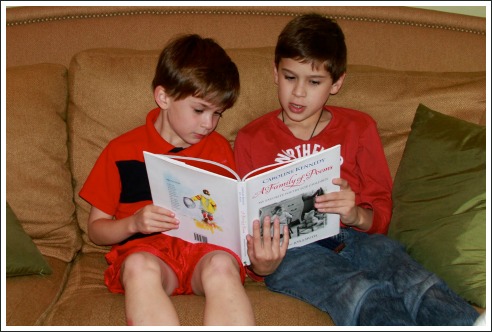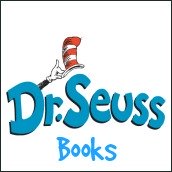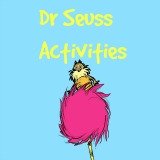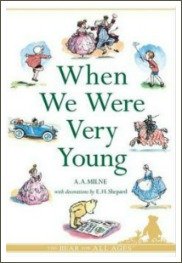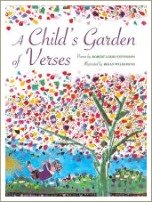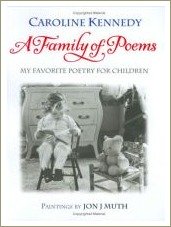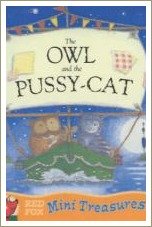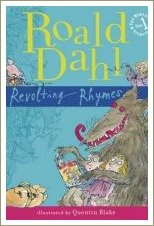You are here: home / kids' poetry / why is poetry important?
Why Is Poetry Important for Children?
Why is poetry important?
Does poetry even matter for kids these days and, if so, why does it matter?
Why should we bother reading poetry to children at all?
These are pretty good questions to ask.
Lots of people don't like poetry. They say they don't get it and that it has no relevance for them or for their lives.
In fact, we tend not to think too much about poetry at all these days, unless you're a high-school kid who's being "forced" to study Shakespeare or Yeats. Where once parents would recite nursery rhymes with their babies and littlies, now we tend to let them watch TV or play on the computer. Poetry seems to have almost disappeared from our busy lives altogether.
Does this matter? The evidence is that it does. In fact, it matters a lot.
We now know that reading to children is really important for their development in all sorts of ways but did you know that poems and nursery rhymes are especially important?
In a nutshell, this is because hearing poetry creates pathways in children's brains that hearing other types of language does not.
In fact, hearing poems and rhymes from their earliest days helps children develop three really critical pre-reading and communication skills:
Teachers, speech-language therapists and other experts now say it's vital for babies and young children to hear the kind of language used in poems and rhymes. This is because the sometimes unusual words and speech patterns contained in poems written for children help enrich your child's vocabulary. The rhythm, repetition and rhyme also help develop the phonological awareness skills she'll need to learn to read easily later on.
As well as all this, babies and small children just love all kinds of rhymes and poems and exploring different kinds of poetry with them is great fun!
Why is Poetry Important for Learning to Read?
I'm a primary (elementary) school teacher in Australia so some of my studies at university involved learning about how children learn to read. I'm also a mum of three young adults who, to my surprise, learned to read easily and fairly quickly with very little in the way of formal instruction. In fact, it was this experience which sparked my interest in teaching and led me to return to university as a mature-aged student to become a teacher.
Anyhow, before children learn to read print, they need to become aware of how the sounds in words work. This is taught explicitly at school when children are taught to identify the individual sounds (phonemes) in spoken words. An example of this is when children are taught to identify the three sounds in the word bug as /c/ /a/ /t/. This understanding of how words are made up of distinct sounds is called phonemic awareness.
Phonemic awareness is a more advanced component of phonological awareness. That means that a child's ability to understand and develop phonemic awareness at school is dependent upon whether he has developed phonological awareness before he starts school. This is really, really important but it's something that isn't discussed a lot. It's the main reason why some children learn to read easily and quite quickly while others struggle, sometimes for years.
Phonological awareness is the single most important predictor of a child's later reading ability.
Young children learn to hear the sounds in spoken language through chants, rhymes,
nonsense words, and poetry. In other words, this is how they develop phonological awareness.
So why is poetry important for children? Because it's a wonderful way to stimulate the development of phonological awareness.
what is poetry? short rhyming poems . children's poetry books
